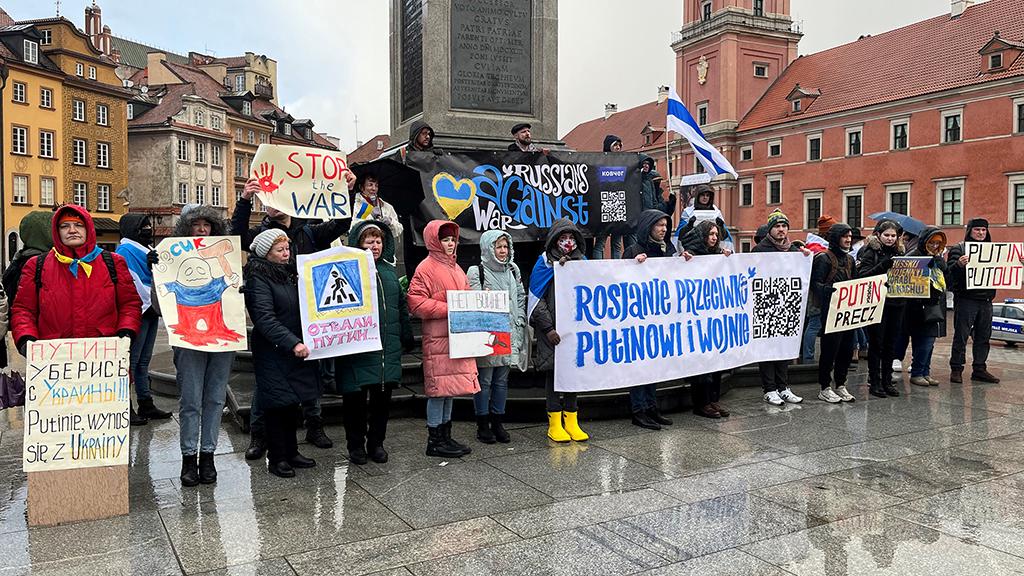The New Lives of Russians in Exile
More than two years after Russian President Vladimir Putin launched his full-scale invasion of Ukraine, what’s happening to the hundreds of thousands of Russians who fled their country’s authoritarianism, militarism and mobilization? Journalist Aron Ouzilevski spent two years as a fellow at the Institute of Current World Affairs traveling widely to emigre hubs in Eastern Europe, Central Asia and beyond to observe how various Russian emigres — from creative and tech professionals to activists, journalists, and civil society actors — are adapting to new lives and careers, what effect they’ve had on their host countries, and what it all says about Putin’s Russia.

Join USIP and the Institute of Current World Affairs (ICWA) for a presentation of Ouzilevski’s research followed by a discussion of how anti-war Russian exiles have adapted to their new lives — and what the future may hold.
Speakers
Aron Ouzilevski
Institute of Current World Affairs Fellow and Journalist
Lyubov Sobol
Russian Opposition Politician
Anna Veduta
Director of Strategic Communication, Free Russia Foundation
Gregory Feifer, moderator
Executive Director, Institute of Current World Affairs



